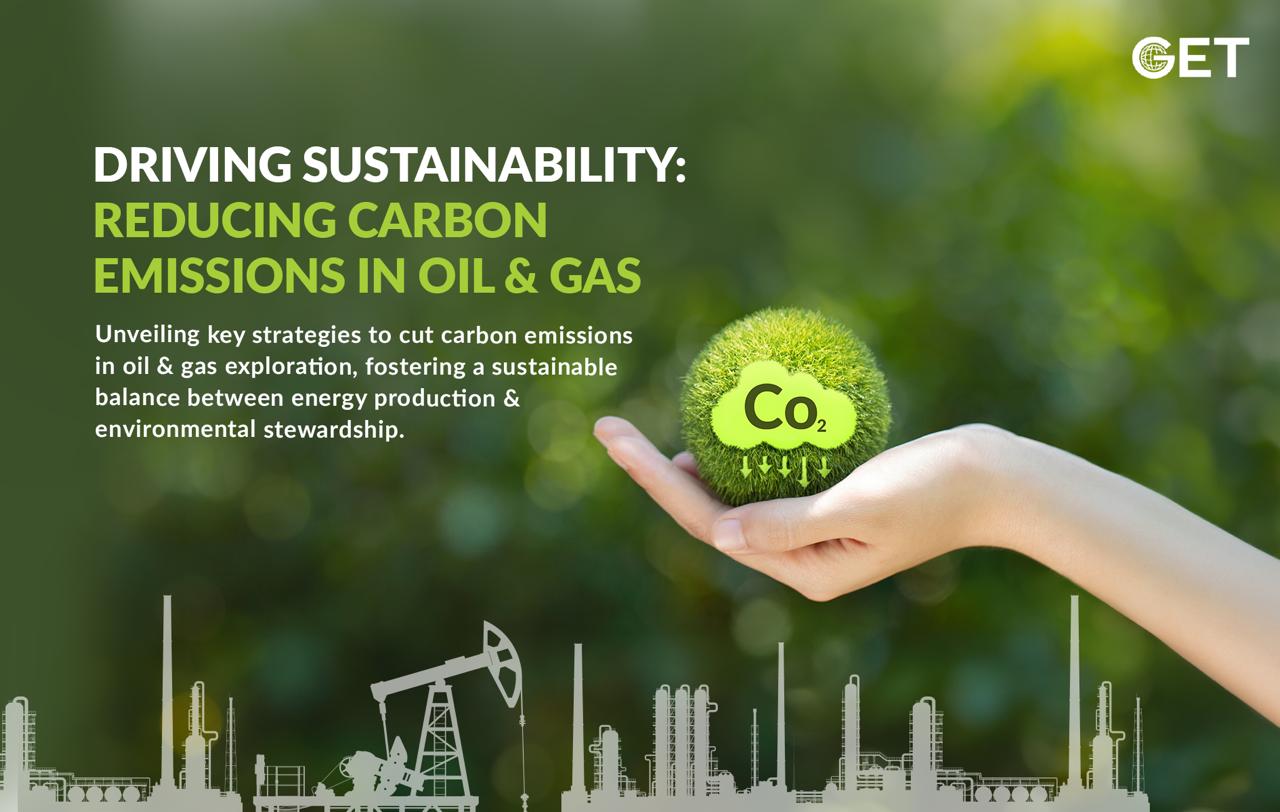
The oil and gas sector is undergoing fundamental and impactful changes. Sustainability is no longer an option with the increasingly changing energy landscape. Oil and gas companies across the globe are increasing their sustainability ambitions, leveraging leading edge technologies, and developing innovative solutions to reduce the carbon footprint. This shift is driven not only by environmental conscientiousness but also by economic and regulatory forces that demand a more responsible outlook to energy generation.
After decades of oil spills, air pollution, water pollution, and decades of greenhouse gas emissions, the industry now continues to be held accountable. Reduction of carbon emissions today is not simply compliance; there is also business viability over the long term to be secured.
Extensive progress has been made by oil and gas corporations in issues of sustainability, pollution reduction and waste disposal, improved safety, and operational efficiency. Sustainability has emerged as an important pillar for long-term competitiveness as it affects investments, stakeholder trust, and regulatory policy.
The oil and gas industry is one of the highest polluting industries and its contribution to the global energy related carbon emissions is about 42%. The results can be widespread:
These sources-by-source monitoring, better energy management, and investment in flaring, venting, and fugitive technologies are how industry leaders are prioritizing efforts to reduce methane emissions. By utilizing real-time emissions tracking and risk mitigation strategies, companies can significantly lower their emissions any day.
Transition toward the low-carbon energy future shall be driven by other influences:
Carbon Capture, Utilization, and Storage (CCUS) is one such innovation that helps in the reduction of greenhouse gas emissions. The CCUS captures CO₂ before entering into the atmosphere, then uses it for other industrial purposes or stores it underground. It even includes captured CO₂ for improved reservoir productivity without environmental degradation through Enhanced Oil Recovery (EOR) techniques.
AI, automation, and real-time data analytics are transforming oil and gas operations. These technologies allow:
Methane has 80 times the warming potential of CO₂ over a span of 20 years, making its reduction of high priority. Companies are investing in:
Wind, solar, and hydrogen forms of energy are taken up in operations by a number of companies in oil and gas. Such examples include:
Decarbonization does not stop at operations alone. This can be achieved through engagement and working with low-carbon suppliers, optimizing logistics, and investment into sustainable transportation.
Water is an increasingly important resource for oil and gas businesses. Firms are focusing on cutting-edge technologies in wastewater treatment to recuperate and reuse water to save pressure on local water sources. This is very applicable in locations where increased pressure on water resources has been caused by climate change.
There is going to be oil recycling by the industry to make it less dependent on virgin resources. Reconditioned oil waste minimizes waste and would boost circular economies considering that fewer new raw materials would be needed and overall emissions would be reduced.
Read Also- How Directional Wells Work and Why They Are Essential in Oil and Gas?

By Get global | February 12, 2026

By Get global | February 6, 2026

By Get global | January 27, 2026
The oil and gas industry operates under unpredictable conditions which make it difficult for projects to succeed. When something goes wrong, it goes wrong fast. The situation develops into dangerous conditions which result in multiple fires, injuries, shutdowns and environmental damage that lasts for many years. The oil and gas […]

By Get global | January 20, 2026
In 2026, the oil and gas landscape is no longer just about “steel and soil”. It’s about data, decarbonization, and digital fluency. For professionals in the upstream oil and gas sector and beyond, the career ladder has been replaced by a high-tech elevator and technical training courses are the floor […]

By Get global | January 15, 2026